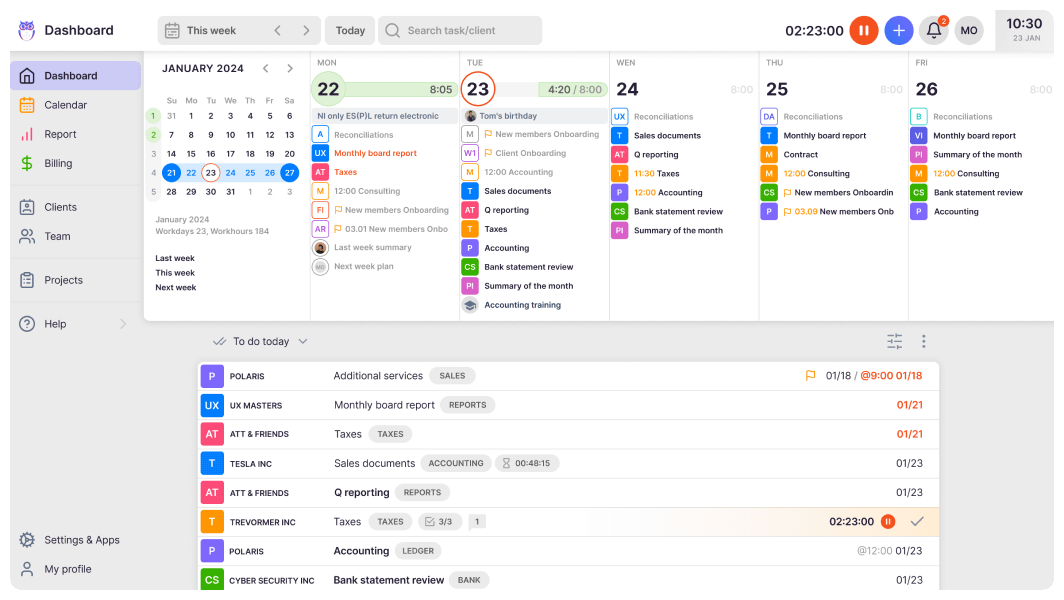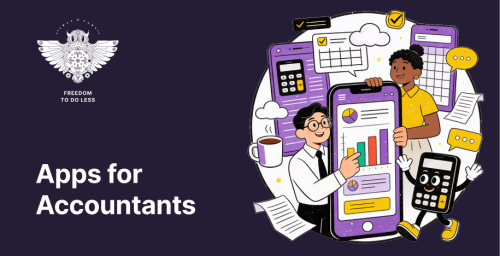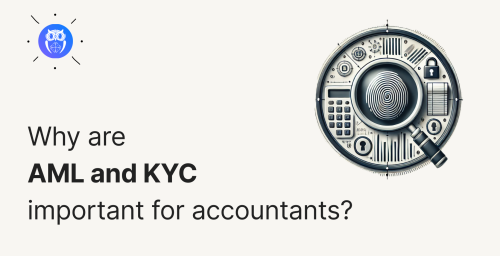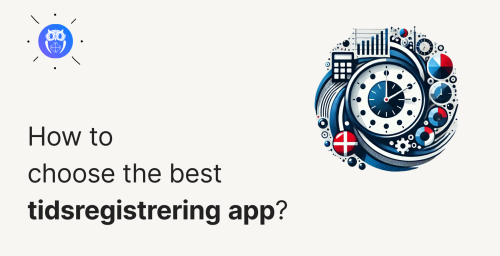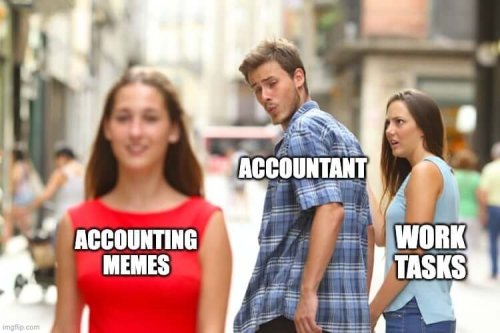Would you believe if you were told that your accounting firm was losing £8,665* per employee per year? (currency used for example) It’s very important to ensure a fair accounting salary to your employees. The easiest way to do this is by time tracking.
Feedback from Uku users has highlighted that they recovered this amount per year in billable time because they began to use time tracking within their practices.
As an accountant, they understand that their time (or, more accurately – billable time or not) is money.
Why fair accounting salary demands time tracking
Here at Uku, our wise owl calculated that accountants tend to ignore the time spent reading emails when communicating with their clients concerning timekeeping.
By not tracking the time it takes to read client emails, they give away their time free of charge, without even understanding the amount of time it takes.
According to a study released two years ago, British office workers use the equivalent of 30 days a year to read their emails.
As most accountants bill their clients hourly, that is a horrific amount of money thrown away by not using time tracking.
According to available data, UK accountant salary ranges between £28,630 to £400,000 a year. Naturally, this depends on the accounting itself from general to corporate, company size and so on.
Statistics put the average per annum for a qualified accountant is £62,042. With 252 workdays in 2021, and considering the average 8-hour working day, this amounts to a staggering £7,385* per year PER employee that is not billed.
Most accountants work more than 8 hours per day too.
What about those who offer value-based pricing?
The problem remains the same.
Suppose accountants aren’t tracking their time or the average time it takes for individual accountants to work with clients. In that case, they’re not calculating this time into their value-based pricing.
Meaning that even for their services, the value offered is less than what should be charged.
What about time tracking for meetings?
Research conducted in the USA stated that 20.6% of accountants do not track their time during sessions.
UK workers spend 26 days per year in meetings. If we calculate that one-fifth of those is not tracked, that is another £1,280* per employee per year.
On emails and meetings alone, that is £8,665* per employee per year due to an accounting practice not using time tracking.
Meaning that if your accounting practice has 5, 10 or 20 accountants; lack of time tracking will cost the practice in billable hours as follows:
- Five accountants: £43,325* per year
- Ten accountants: £86,650* per year
- Twenty accountants: £173,300* per year!
Why time tracking equates to fair accounting salary
Accurate timekeeping is imperative for accountants and accounting practices, even if you only offer value-based pricing.
It’s vital because timekeeping will impact the final billing rate. Your billing rate is a reflection of your firm’s productivity and billing profitability.
The more profitable you are, the more able you are to grow your business and diverge into other business areas.
Accurate and consistent timekeeping is critical for accountancy practices that are striving to increase revenue.
Advantages of good time tracking habits
With good timekeeping habits, the practice will be able to:
- Accurately bill clients for every minute they spend on client projects.
- Charge the correct billing rate
- Schedule appropriate resources to complete client work and charge accordingly.
- Better manage client projects and know what to charge for similar type projects in the future.
If your accountancy practices don’t have good timekeeping habits, practice managers don’t have the data they require to perform efficiently.
It is not only about charging and getting more profit – time tracking enables firms to understand how long tasks are for, and how to allocate the resources to complete them.
Whether on a fixed fee or hourly rate, accurate time tracking identifies your most profitable projects and clients. If you are allocating time to unprofitable activities, time tracking helps you identify it.
Resources, office costs, salaries and taxes all eat into a practices’ profit margins. Which is why it is imperative that all time is billed and the correct billing rate used.
Keeping billability high and your accountancy practice will make a profit.
Let it slip, and your firm will haemorrhage cash.
Leadership in most accounting practices know this, but they still struggle to achieve adoption from their employees.
Why are accountants so resistant to the idea of good time tracking?
Accountants loathe time tracking because it’s irritating
It’s a common myth that time tracking only wastes time in accounting firms. If your accountants are still filling out timesheets, they are far less likely to track their time. Completing timesheets is monotonous and wildly inaccurate.
In reality, most people dump billable and non-chargeable time to whatever box feels right on the spot. It’s an incredible hassle for your accounting firm.
It takes more time for accountants to fill in their spreadsheets. It takes administrative staff longer to consolidate them and rekey inaccurate data.
Finally, practice managers have to do their spreadsheet analysis to obtain the data they need.
This isn’t an issue of discipline or motivation. As the example above shows, you’re doing more work if you rely on spreadsheets.
It’s actually about the environment. If you create the right environment, an accounting firm will achieve consistent results by:
- Fostering an environment that includes automatic timekeeping (using time tracking software).
- It is harder for accountants to ignore timekeeping (removing spreadsheets altogether and replacing with a digital solution).
- Reward accurate timekeeping (more hours quickly billed, more money in their pockets).
But how do you foster this environment within your accountancy practice?
Combining digital software with a new mindset
You foster a new mindset by discussing how critical time tracking is for your accounting team.
You use time and billing software that is so straightforward to start and stop that it becomes almost impossible not to use it.
Uku, for instance, has a smart digital assistant that sits on every job, never allowing you to forget to start the timer, no matter if reading an email or having a client meeting.
All of your billable work and time are tracked. You begin to convert that billable time into new bills, invoices and client payments.
Accounting practice management software, including Uku, provides comprehensive reports outlining how the team is utilising their time so practice managers can see which projects are creating more profit, and which should be potentially dropped.
This enables optimising your firm’s billing and realisation rates, boosting practice revenue in the process.
Not timekeeping is costing £8,665* per employee, per year
It’s time for accountants to get fair accounting salary for their work rather than give a significant portion of their time and expertise away for free.
£8,865* per employee per year is destructive to a firm’s profitability; it is not rewarding the accountant with their work done. By tracking their time, they can increase their own amount of money earned without even doing more work.
Good time tracking demonstrates how well a practice can utilise their resources, leading to streamlined costs and more profit. The more profit obtained, the higher the annual growth of the practice.
With the right time-tracking tools like Uku’s, you’ll find you have what you need to produce consistent growth in your accounting practice and ensure fair accounting salary to every employee.
*Uku has based their calculations for these amounts from user survey feedback and research and statistics from other sources. Whilst all attempts at accuracy has been attempted, these amounts could be higher or lower depending on the individual circumstances of each accounting practice









